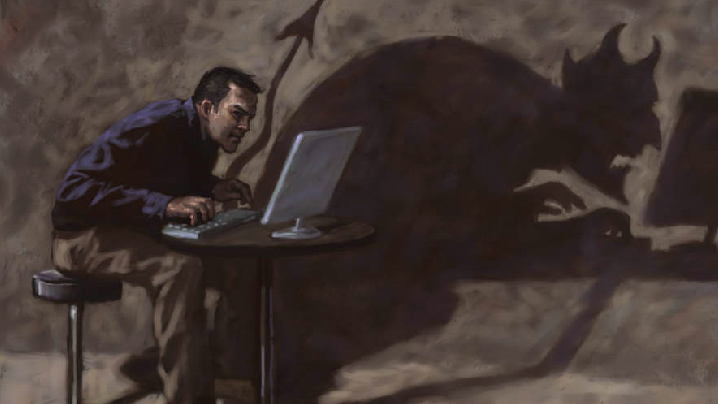'Dangerous' Snoopers' Charter is back, but is it already out of date?
All your data are belong to us

The controversial "Snoopers' Charter" has returned, with the UK Government confirming that it will "modernise the law on communications data" through the Queen's speech.
After being blocked by the Liberal Democrats in the previous, coalition government, the act has been sped through by the Conservatives under the name of the Investigatory Powers Bill.
"Measures will also be brought forward to promote social cohesion and protect people by tackling extremism," the Queen announced during her traditional annual speech to Westminster. "New legislation will improve the law on communications data and policing and justice."
The new bill will provide police and intelligence agencies with "tools to keep you and your family safe," as well as "address ongoing capability gaps" that are said to be degrading the ability of intelligence agencies to combat terrorism and other crimes.
But fears remain over the extent to which people's privacy will be eroded by the act, which could eventually force internet service providers to capture even more information about your online activity. Jim Killock, Executive Director for the Open Rights Group branded the bill "dangerous".
"Yes, this is dangerous," Killock told TechRadar. "There will be some things we will approve of, but yes this is the Snoopers' Charter".
Snoop Doggs
Killock noted that the bill will offer some positives by promising to tidy up some of the unregulated behaviour by GCHQ that was revealed in the Edward Snowden leaks, as well as promising greater safety measures.
Sign up for breaking news, reviews, opinion, top tech deals, and more.
However the other side to this will potentially be more rigorous means of monitoring our online activity - though not without a few challenges.
"It's very hard to stop ISPs from noting that you've, for instance, connected to Facebook or connected to Google," said Killock. "You can record that kind of information but it's very hard to collect your search terms from Google or see the person you're speaking to on Facebook if that information is encrypted.
"The real information that's important, they will find very hard to collect - but that is what they're after."
There will likely be resistance from foreign, mostly American, firms who will be reticent to allow further information collected. As Killock explained it, "this is tomorrow's solution to yesterday's problem".
"I think we're going to end up with a big argument about encryption, but this charter is looking increasingly out of date. We're not in the internet of 2007, and if Snowden has taught us anything, it's don't leave your information unencrypted, because governments are going to swipe it."

Hugh Langley is the ex-News Editor of TechRadar. He had written for many magazines and websites including Business Insider, The Telegraph, IGN, Gizmodo, Entrepreneur Magazine, WIRED (UK), TrustedReviews, Business Insider Australia, Business Insider India, Business Insider Singapore, Wareable, The Ambient and more.
Hugh is now a correspondent at Business Insider covering Google and Alphabet, and has the unfortunate distinction of accidentally linking the TechRadar homepage to a rival publication.